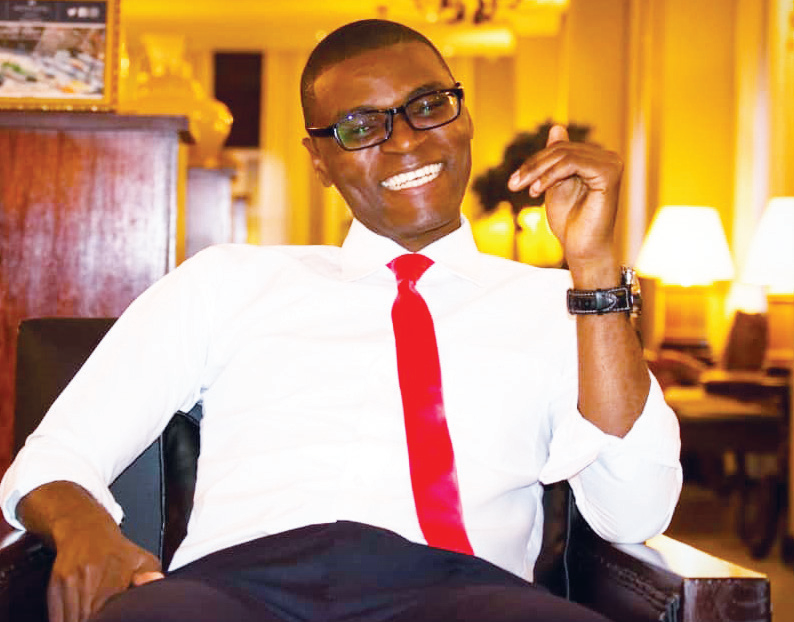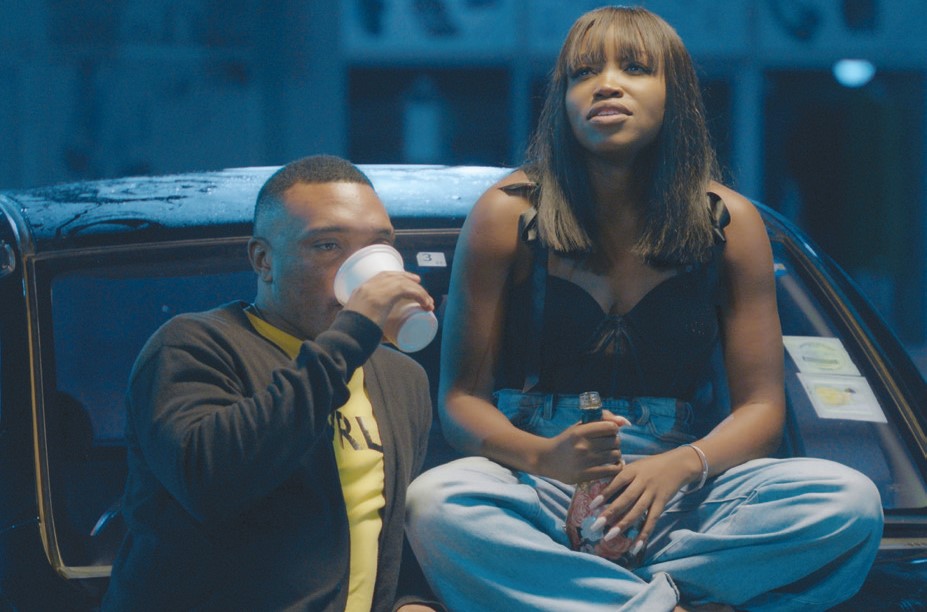There is information gap between Cosoma, artists
For years, there has been a war between artists and the body mandated to protect their creative rights, Copyright Society of Malawi (Cosoma). The bone of contention has mainly bordered on the distribution of royalties and how the same are calculated. This week, yet another artist, Patience Namadingo rose up to once again challenge the copyrights body, accusing it of slacking in its mandate. Our reporter BRIAN ITAI engaged arts commentator Wonderful Mkhutche on the long-standing matter. Excerpts:

There has been some mistrust between artists and Cosoma. Why do you think the two sides have failed to achieve a common understanding?
The fight between Cosoma and artists has indeed been going on for years. Recently, Billy Kaunda, through his autobiography, Hills & Valleys, also revealed how musician Evison Matafale was once at loggerheads with Cosoma. Matafale accused the society of ripping off musicians of their hard-earned sweat through royalties. He felt Cosoma was not giving musicians enough. This was in 2000. And 21 years later, we have musician Patience Namadingo saying the same. That is in reaction to recent distribution of royalties by Cosoma to musicians. Much as we acknowledge the accusations and frustrations, it is hard to establish who is right or wrong between Cosoma and the musicians, for one reason: there is a huge information gap between these two in terms of how Cosoma comes up with the royalties and how much they are paid by companies or media houses for music.
In this scenario, can we say one side is wrong and another is right?
The information gap that exists is not about one side being right and the other side being wrong. It is about both sides working together to fill this gap. In my view, Cosoma has been slow and less innovative in its mandate on copyright. As much as musicians themselves have not been organised to push for favourable changes through Cosoma, the society has been too comfortable in its business-as-usual approach. The music industry is changing, and so must Cosoma. But the society has not been proactive enough in moving with times to make sure it protects musicians. It gains from musicians, but musicians do not gain much from it. This must be the starting point on the way forward between the two.
What does royalties mean to artists?
Artists are in entertainment as business. That is their source of income, and just like every worker, they need to be protected by Cosoma. The royalties that artists get from Cosoma is an entitlement, the sweat they worked for. But artists have not been protected enough to the extent that what they put in is not what they get. There are many loopholes in the industry which Cosoma must fill, for example piracy. Artists have been complaining for years, but nothing much has been done to enforce the laws. Many artists have even been forced out of the music industry due to this.
Now we have seen musician Patience Namadingo challenging the system. Did it have to come to this again?
Yes, it had to. It was just a matter of time and this is necessary. Namadingo has a voice in the music industry and through him we will reflect on what is going wrong or right with Cosoma. However, the legal approach he has taken will only drain the energy from what could have been an opportunity to force some favourable changes in the music industry. This issue needed concerned parties to sit together for an honest conversation, and not in the court of law. However, the attention Namadingo has drawn to the issue is important. It will be a step forward regardless of how the dispute will end.





